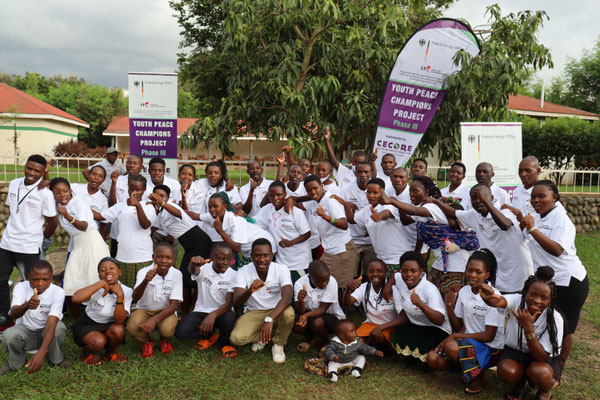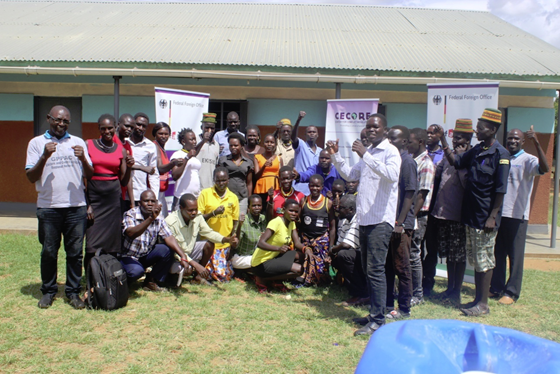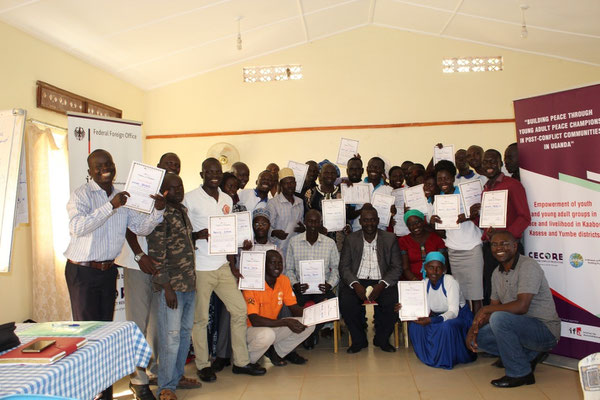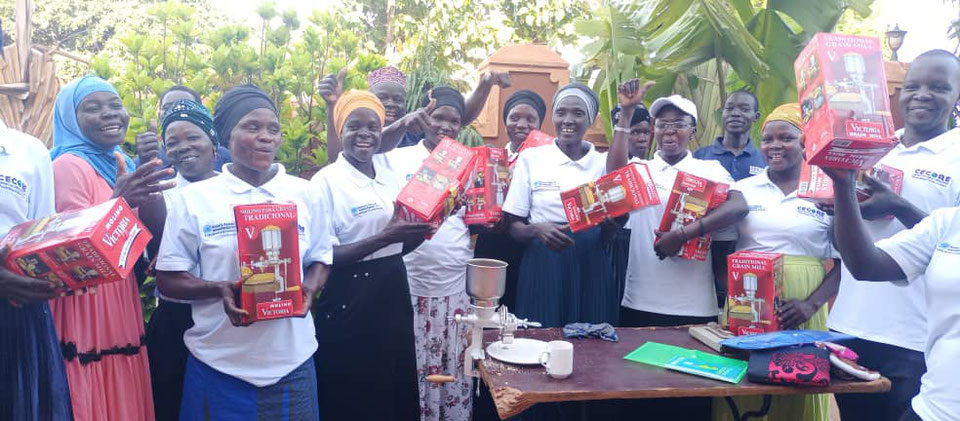ONGOING PROJECTS
that build lasting peace
We commit to working with people especially in areas where conflict is present or peace is threatened to awaken their belief that peace is within reach. We empower communities with the knowledge and skills suited to their situation, and we facilitate conflict prevention, resolution and transformation. Our approach is rooted in careful listening, deep analysis of drivers of conflict, and locally tailored action so that interventions are relevant, timely and effective.
CECORE implements locally-led, conflict-sensitive interventions that strengthen community resilience, empower women and youth, and build sustainable local peace infrastructures. We combine advocacy, capacity building, research and community-led action to prevent violence and support peaceful change across Uganda and the wider Great Lakes / Horn of Africa region.
Peace in reach
Flagship Projects
Youth Peace Champions (Phase I–III)
CECORE’s Youth Peace Champions programme identifies and trains youth and young adults in post-conflict communities to act as change agents who prevent re-radicalisation, transform community attitudes, and lead local peacebuilding efforts. The project targets young people (typically 18–30) who were previously involved in or at risk of returning to violence, and supports youth groups active in peacebuilding.
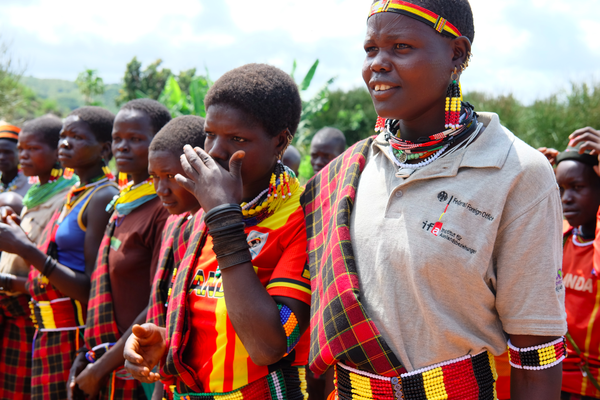
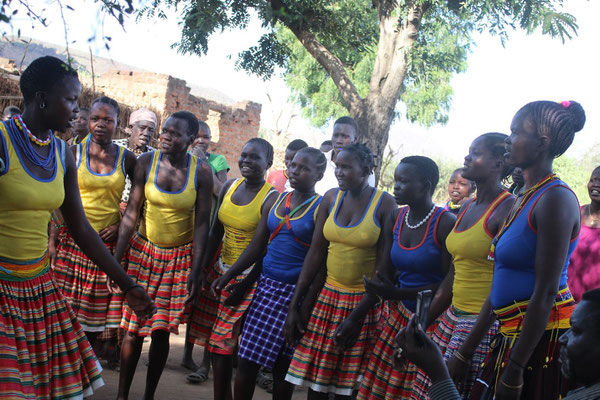
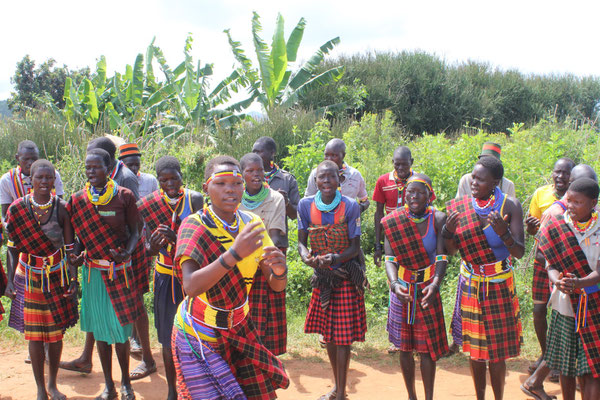
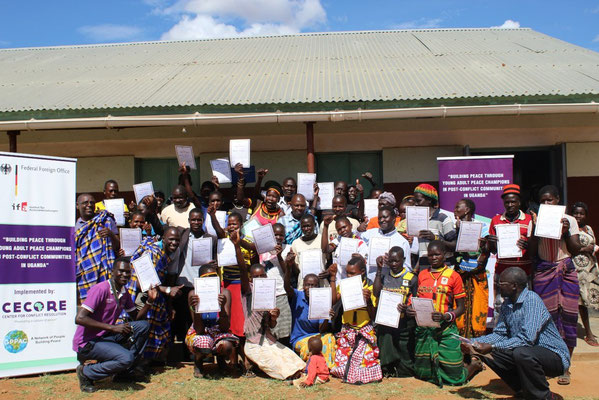
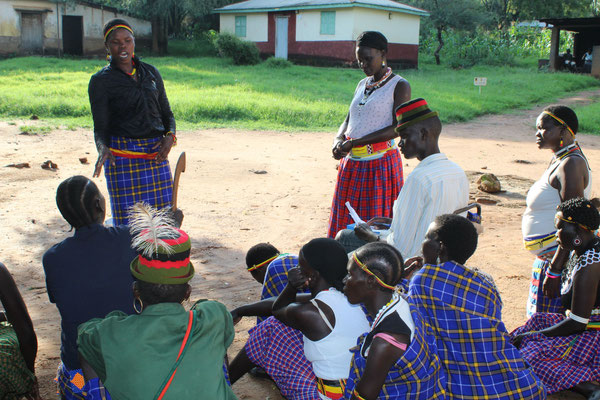
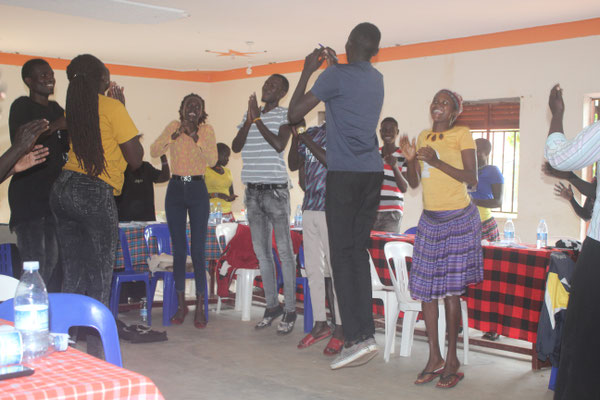
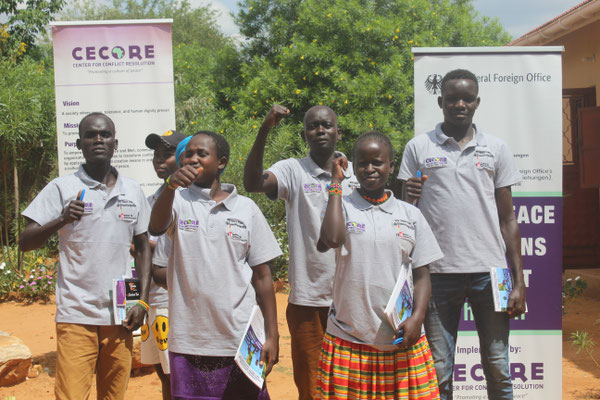
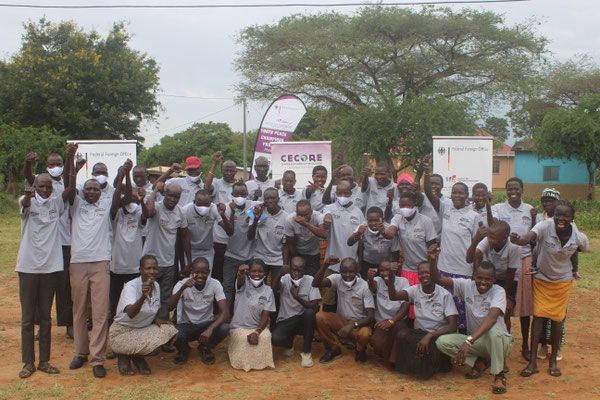
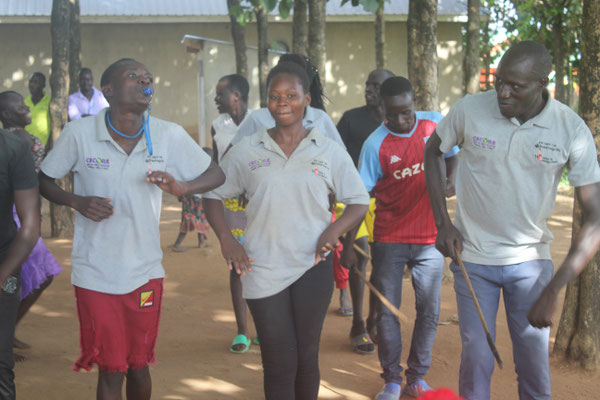
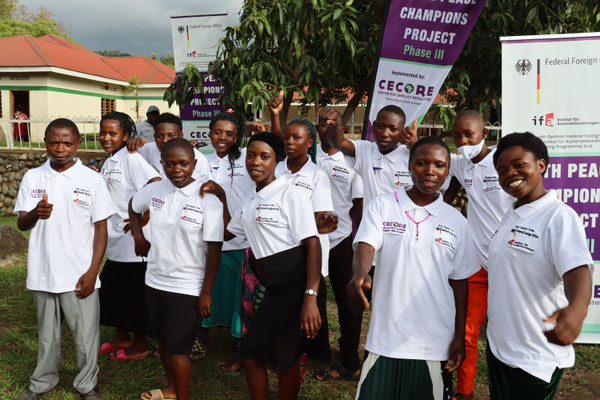
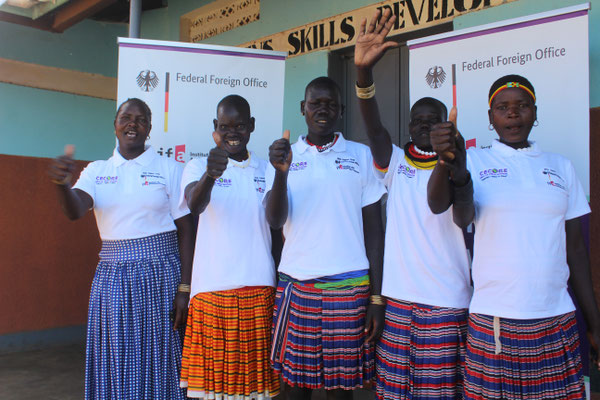
Objectives
Reduce the risk of re-radicalisation and return to violence among targeted youth.
Build local youth-led networks that promote non-violent livelihoods and social cohesion.
Training in conflict transformation, mediation and leadership.
Establishing youth peace champion groups and peer networks.
Livelihood and income-generation support to stabilise reintegration.
Youth leaders equipped to mediate tensions, run community dialogues and promote alternatives to violence.
Peace Education Programme
CECORE delivers structured peace-education for children and youth to instill non-violent conflict resolution skills, civic responsibility and values that prevent future cycles of violence. Programming often partners with schools, police child protection units and community leaders.
Objectives
Instill a culture of peace among school-age children and adolescents.
Equip teachers and community actors with peace education tools.
School-based curricula, teacher training, and community awareness sessions.
Improved school climates, reduced violence among learners and strengthened community-school links.
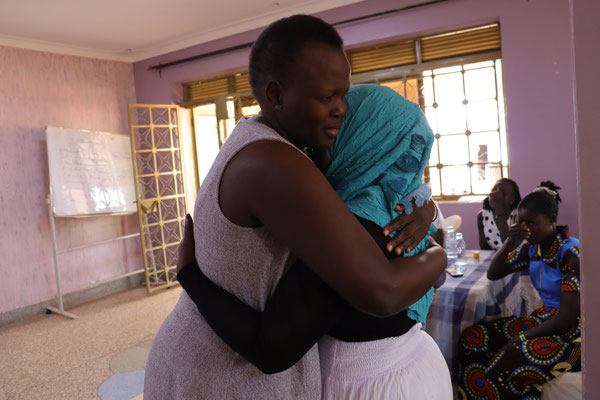
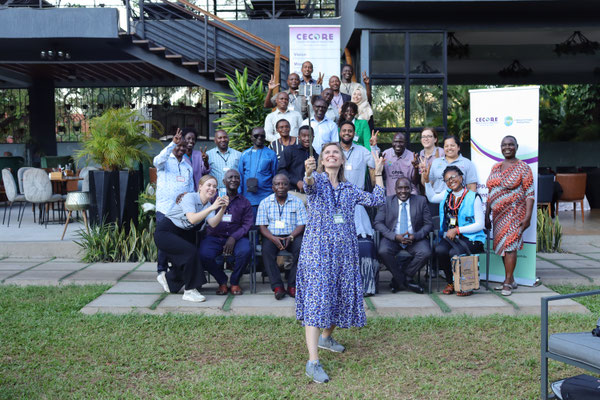
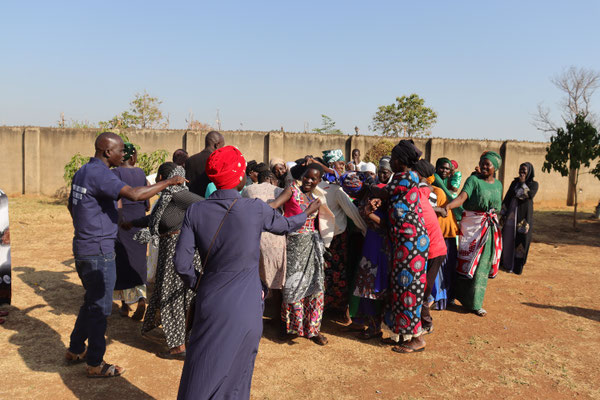
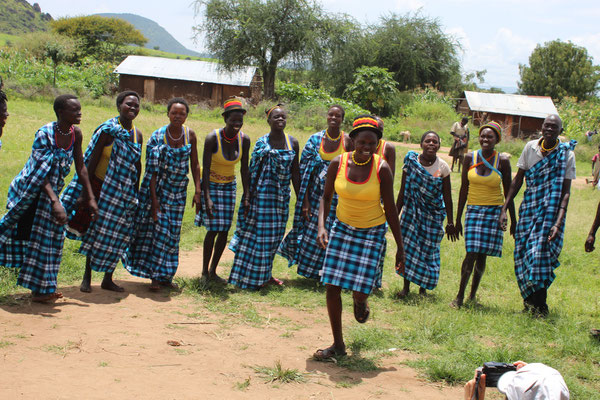
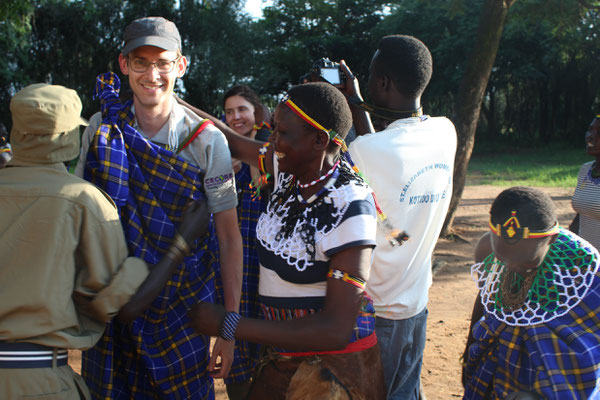
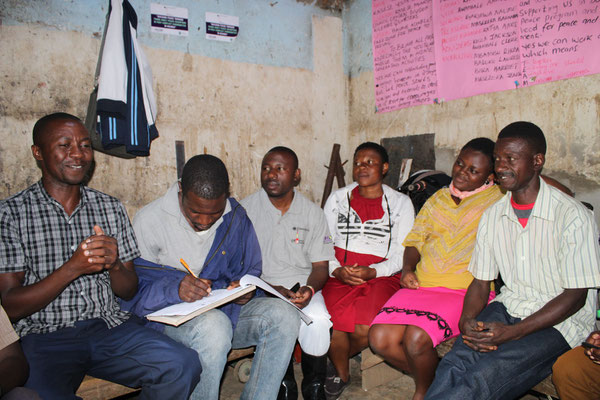
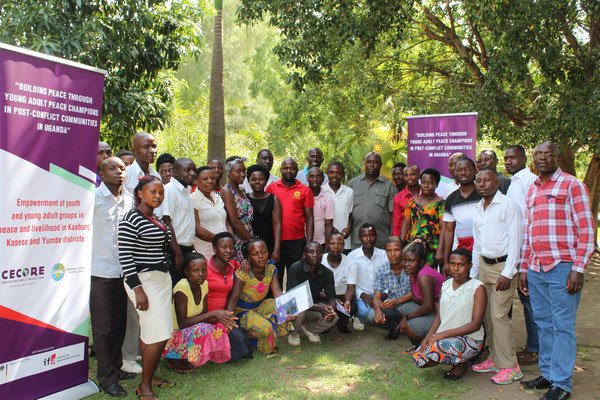
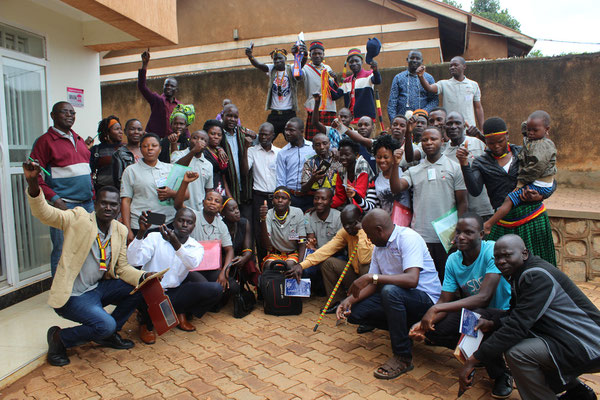

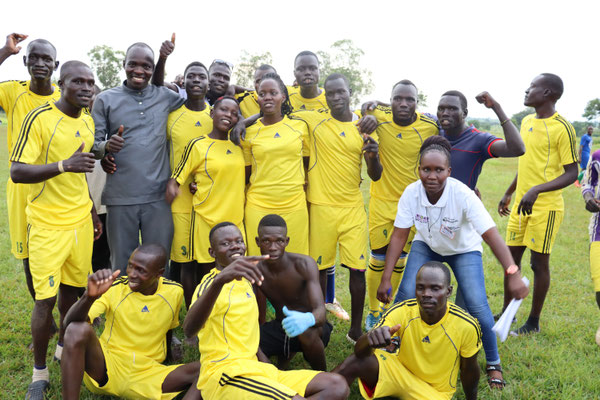
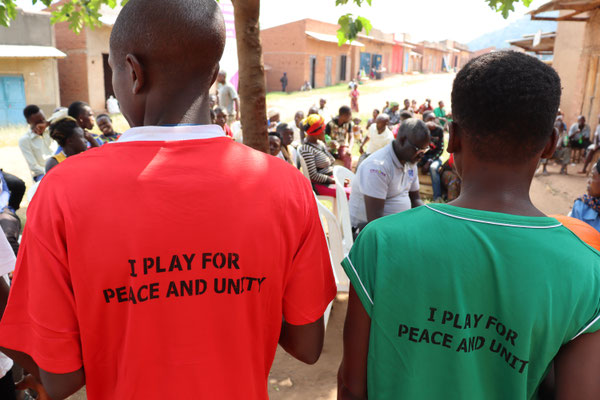
Climate Change & Conflict – Localizing Climate Security Risk Assessment
In partnership with GPPAC and UNDP funding, CECORE implemented a pilot to localize climate-sensitive risk assessment in Uganda (selected district: Kaabong), aiming to understand and mitigate how climate stressors raise conflict risk at the local level.
Objectives
Identify local climate-security risks and build community capacity to adapt.
Integrate climate-sensitive approaches into local peacebuilding and planning.
Participatory risk assessments, community workshops, and policy engagement with district authorities.
Local stakeholders better informed to plan adaptive, conflict-sensitive responses to climate pressures.
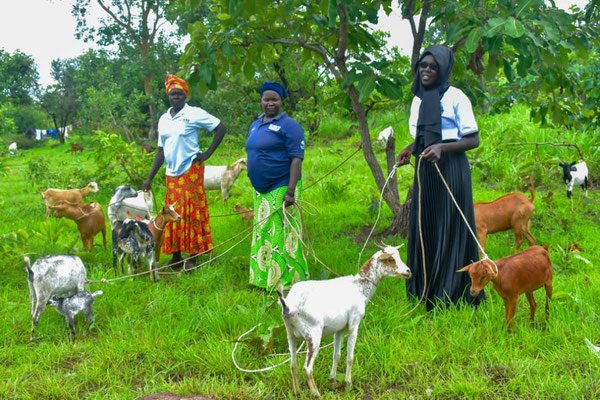
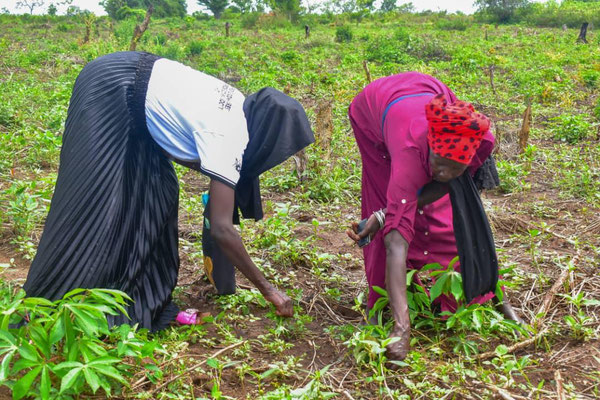
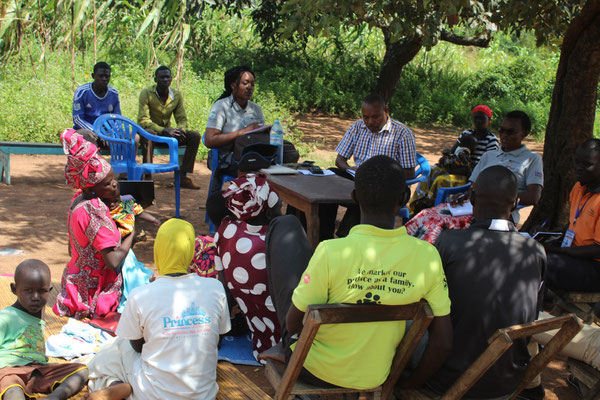
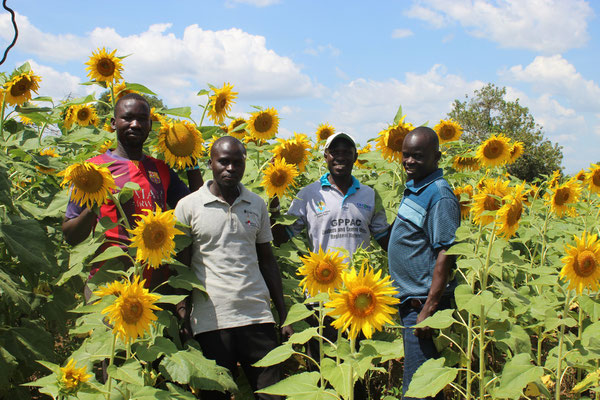
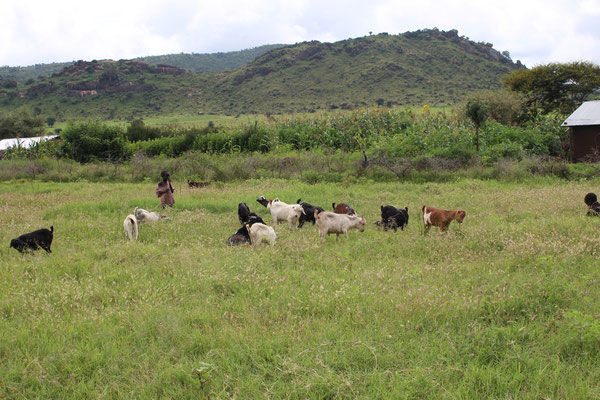
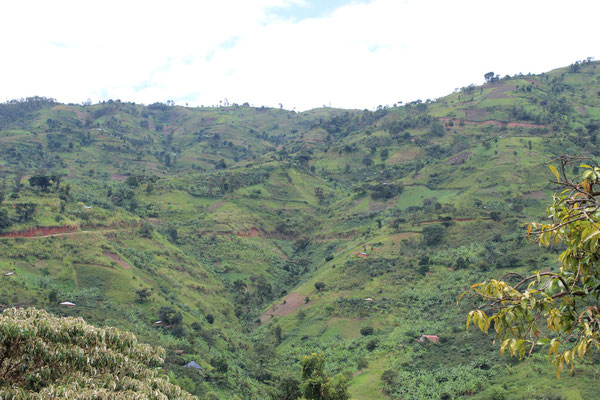
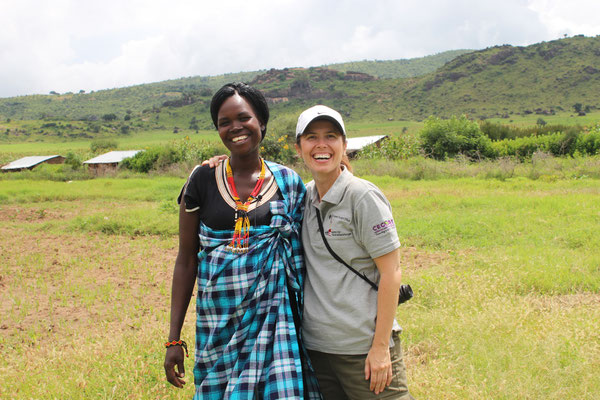
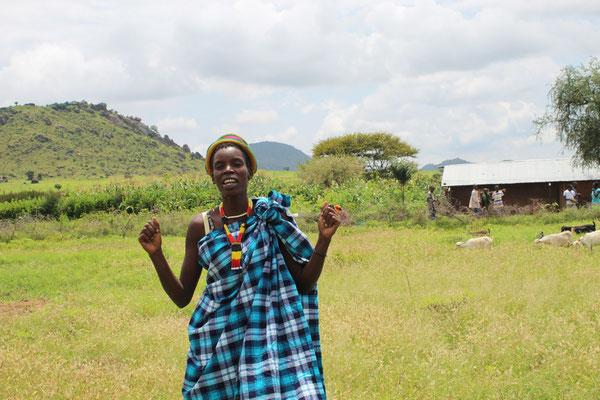
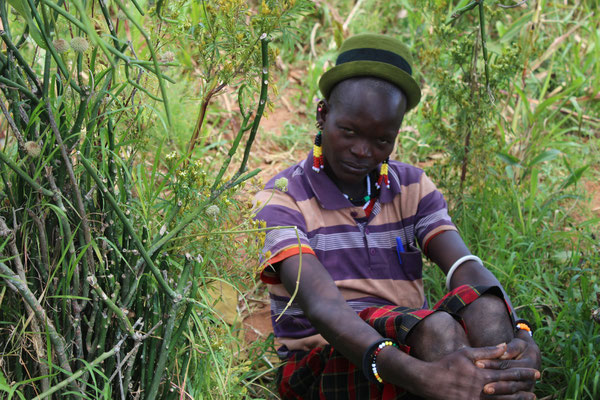
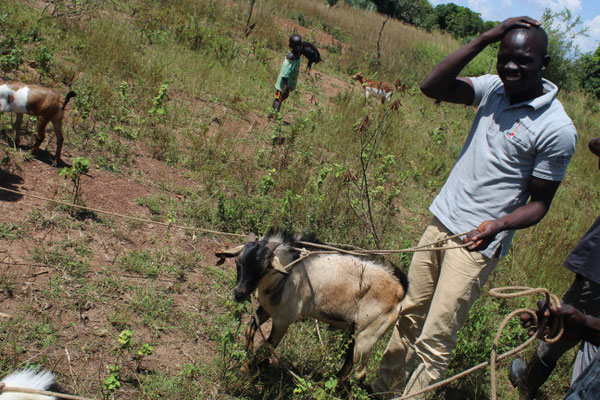
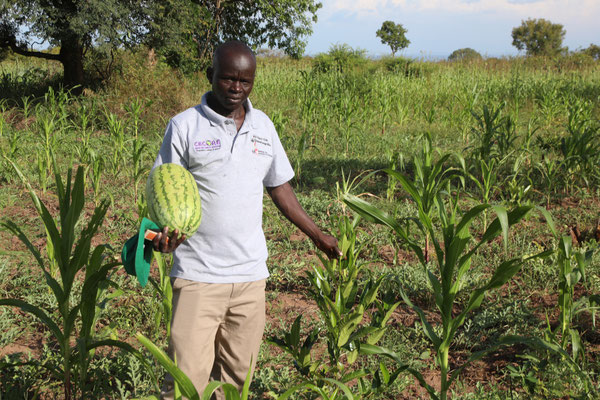
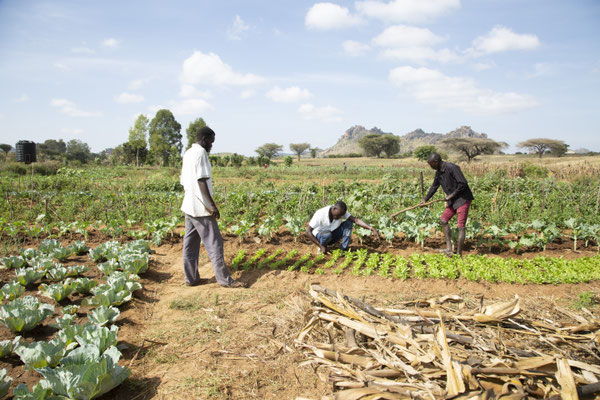
SDG16+ & Localisation Project
CECORE supports localizing SDG16+ (peace, justice and strong institutions) by working with youth and communities to transition groups formerly involved in cattle raiding and armed activity into peaceful livelihoods and civic roles. The project combines peacebuilding with social and economic alternatives.
Objectives
Strengthen local structures for peace and accountability.
Support youth to move from violence to constructive civic engagement.
Community dialogues, training in governance and non-violent civic participation, livelihoods support.
Reduced violent incidents and stronger local ownership of peace processes.
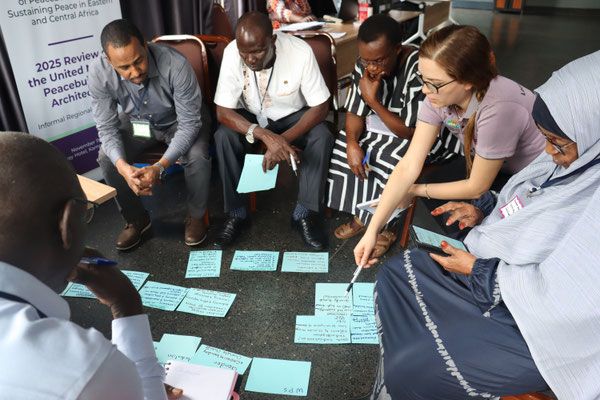
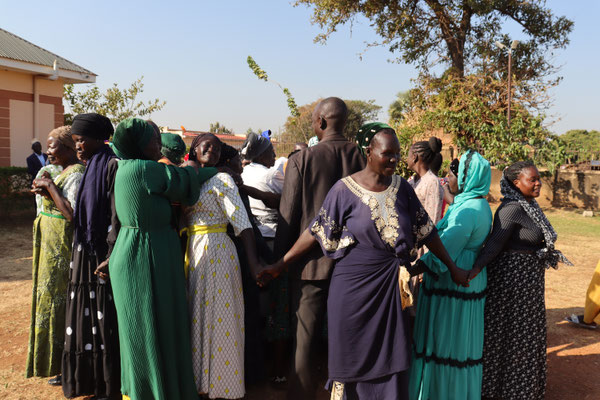
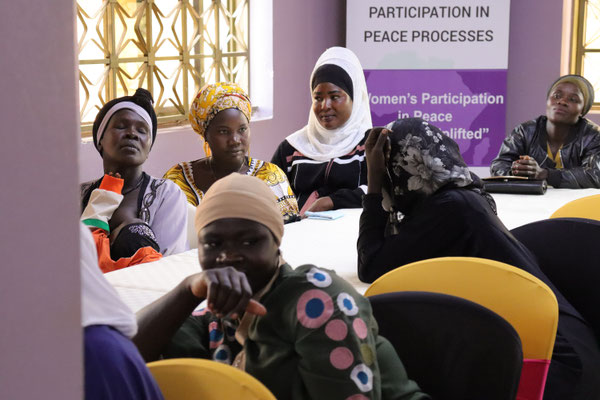
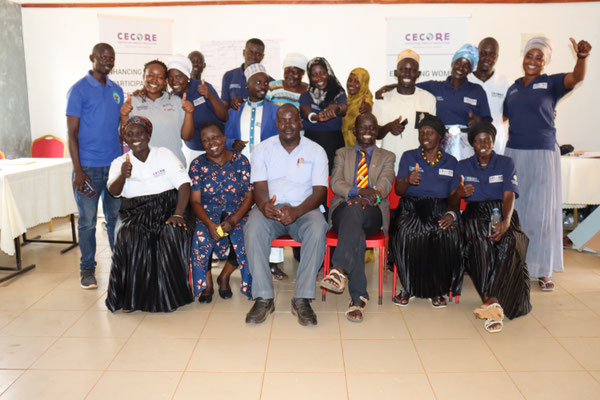
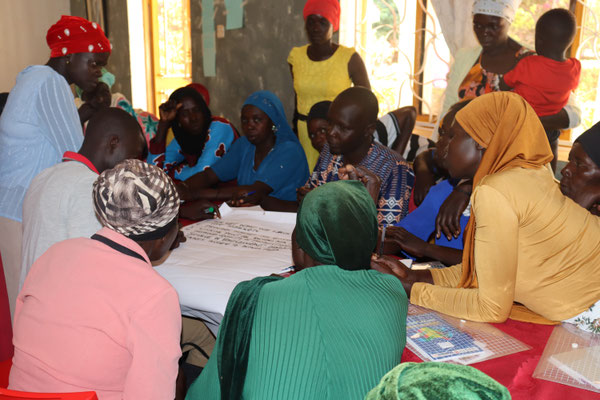
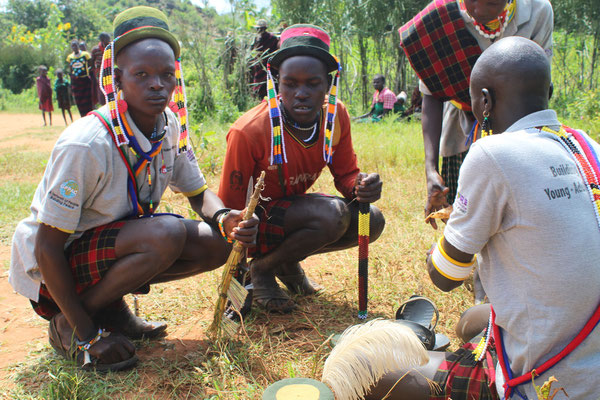

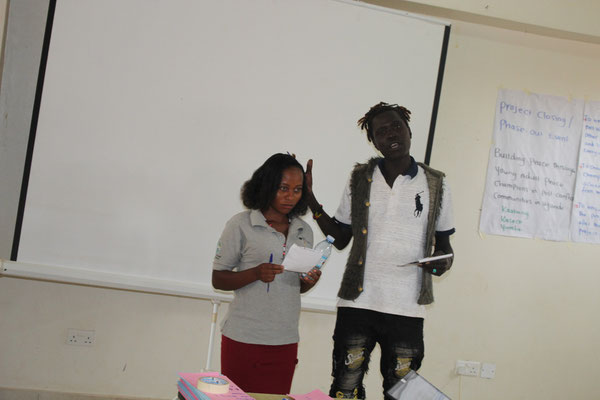
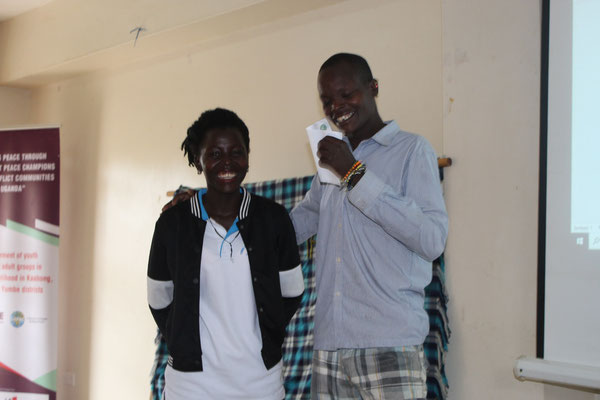
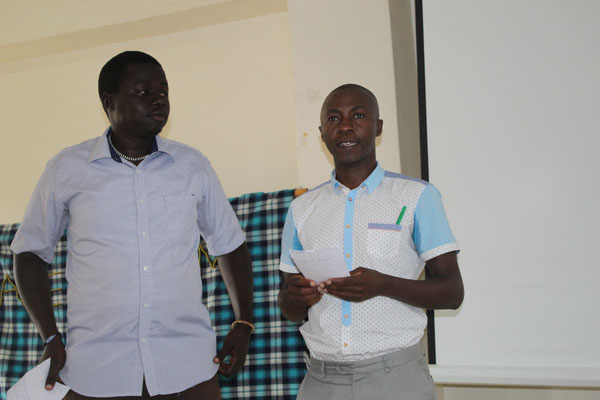
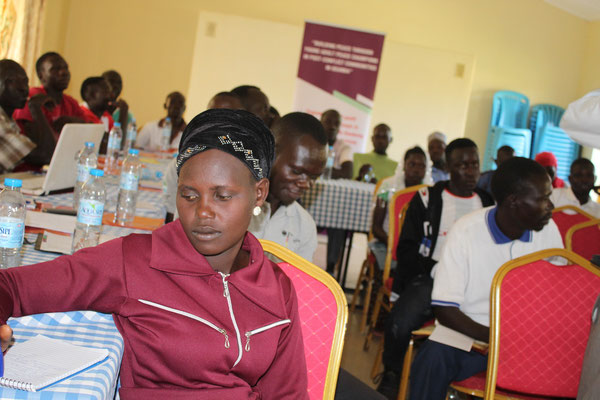
RRW-WPHF – Enhancing Women’s Participation in Peace Processes (Yumbe)
With GPPAC and support from the Women’s Peace & Humanitarian Fund Rapid Response Window (WPHF-RRW), CECORE implemented a six-month project (Dec 2023 – May 2024) to empower women in Yumbe District to participate meaningfully in peace processes. Activities include capacity building, radio engagement, advocacy and establishing “Connectors for Peace” groups.
Objectives
Increase the representation and voice of women in local peace planning and decision-making.
Build sustainable women-led networks for peace and economic engagement
Training in peacebuilding and UN Resolution 1325 frameworks.
Radio talk shows, community awareness and stakeholder engagement with local leaders.
Strengthened women’s skills and networks for sustained participation in peace processes; improved community awareness of women’s roles in conflict prevention.
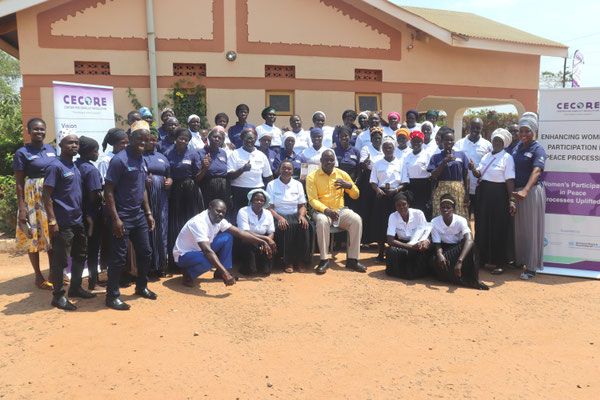
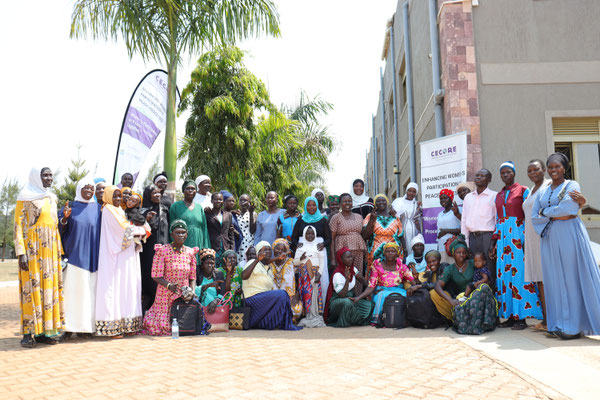
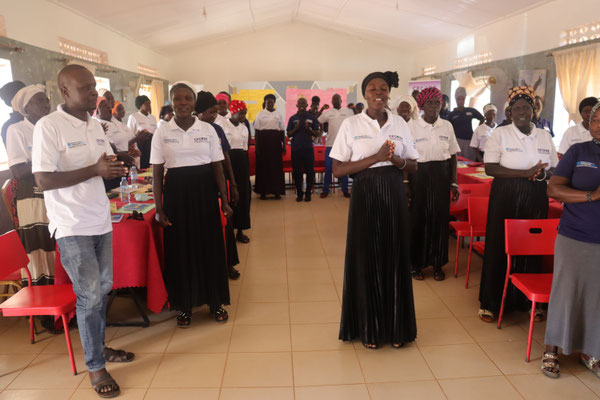
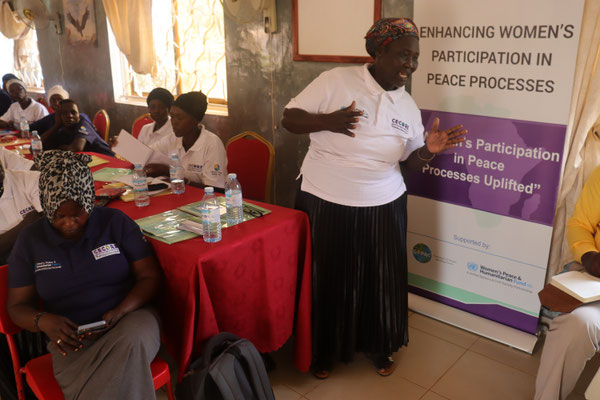
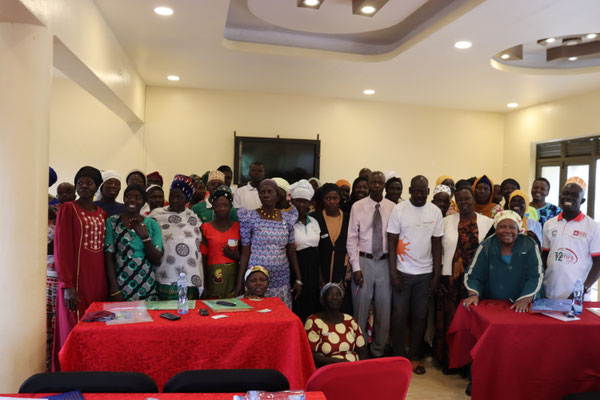
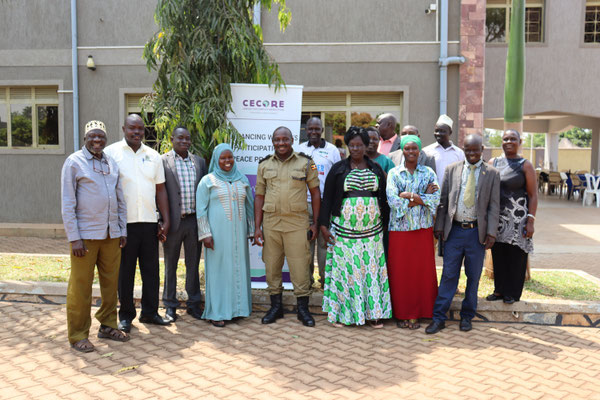
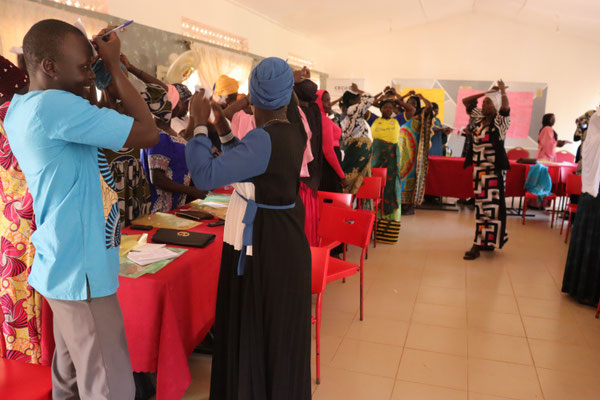

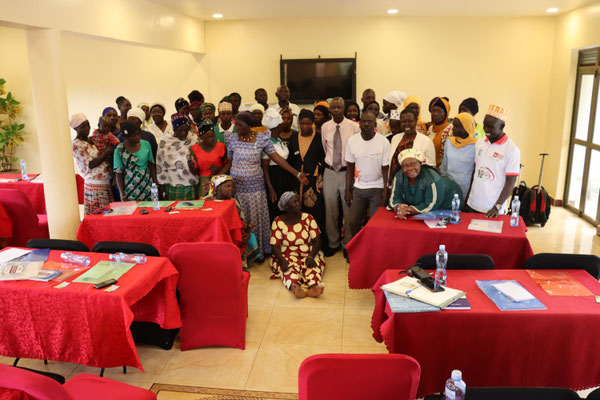
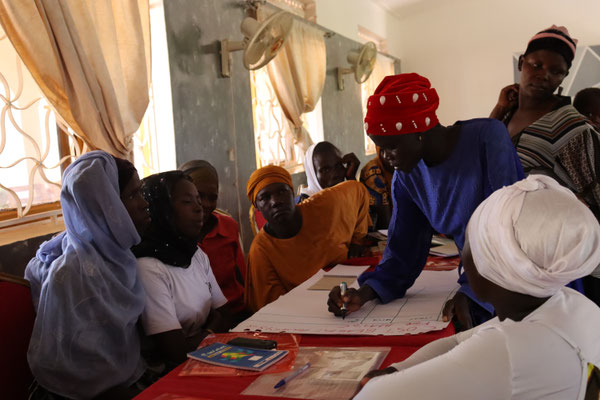
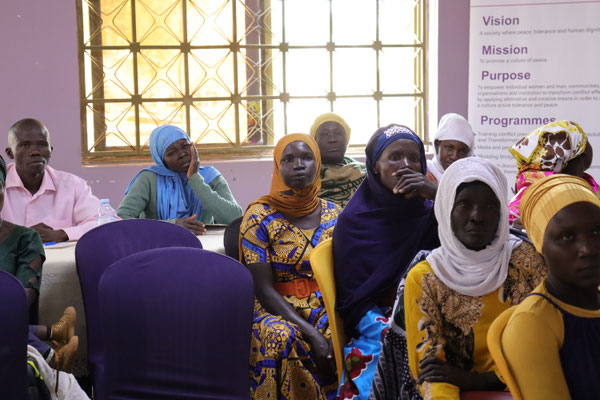
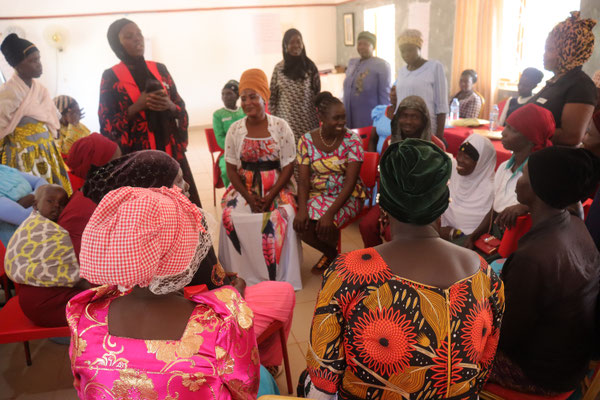
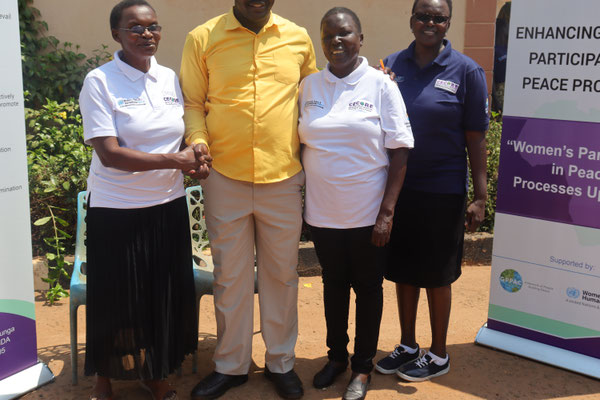
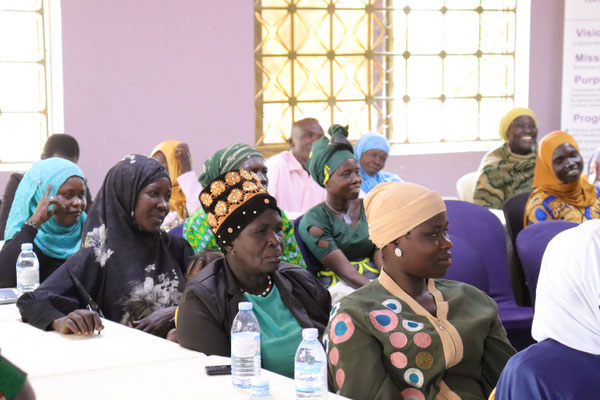
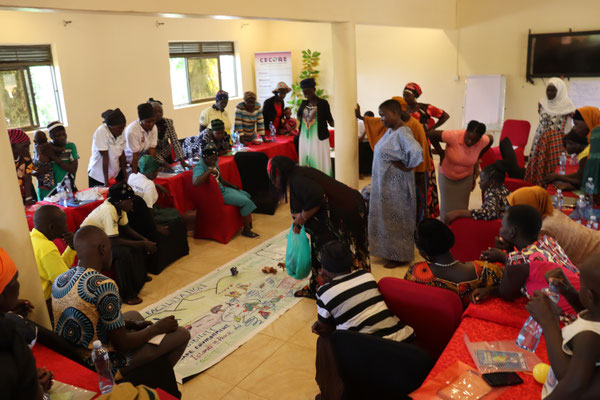
Sport for Peace – Refugee & Host Community Cohesion (Adjumani)
The “Sport for Peace” initiative used sports as a human-centred tool to strengthen social cohesion between refugee and host community youth in Adjumani district, engaging district leaders and the Office of the Prime Minister in design and evaluation.
Objectives
Build trust and social ties between refugee and host youth through structured sport activities.
Community sport tournaments, social cohesion workshops, youth-led outreach.
Improved relations and reduced tensions between young people from refugee and host communities.

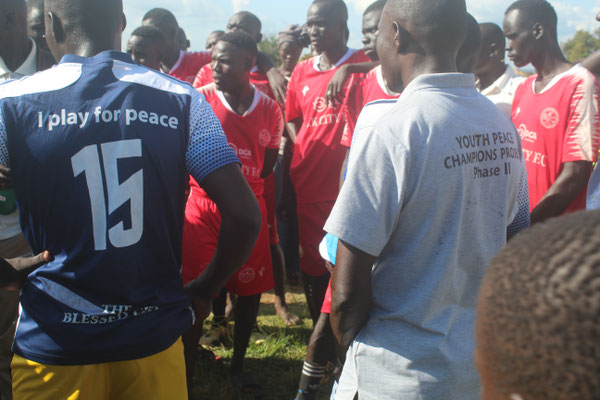


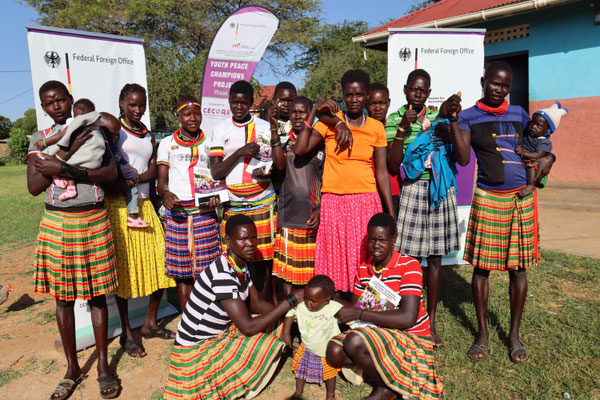
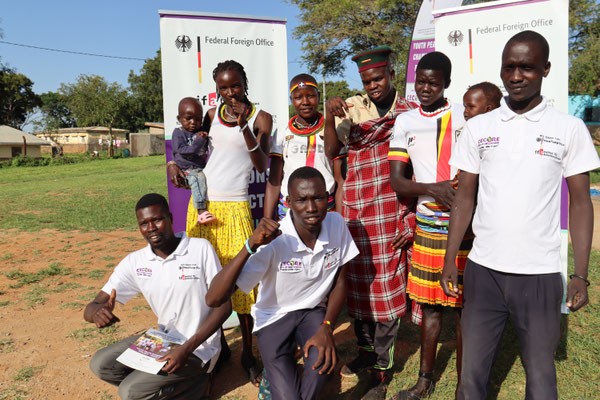
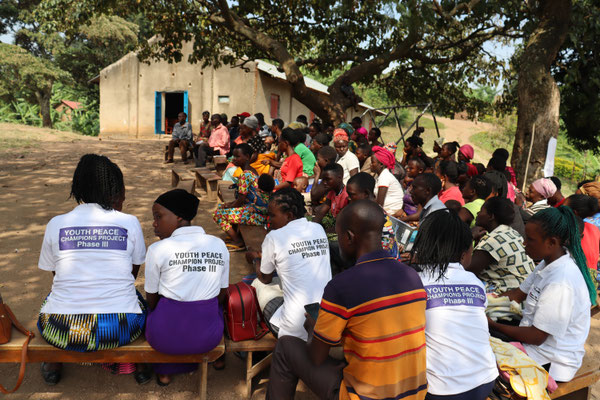
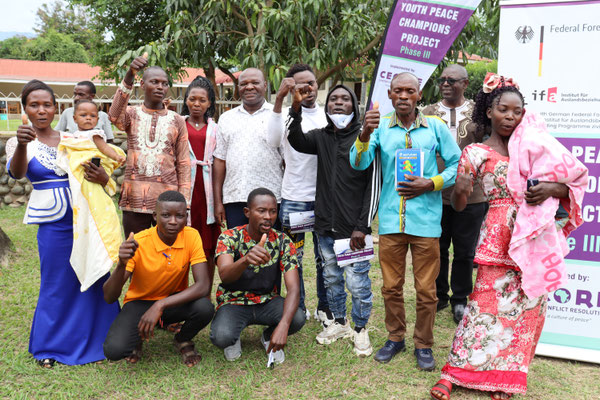
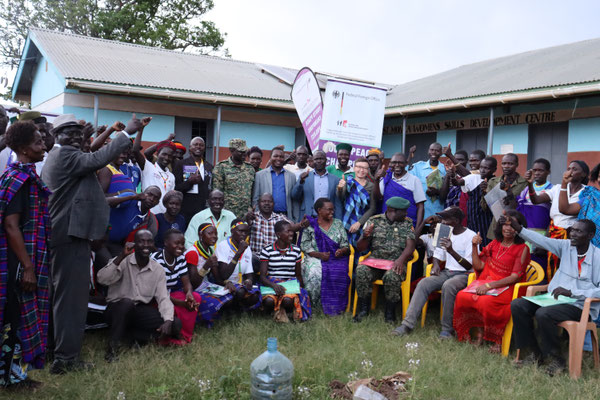
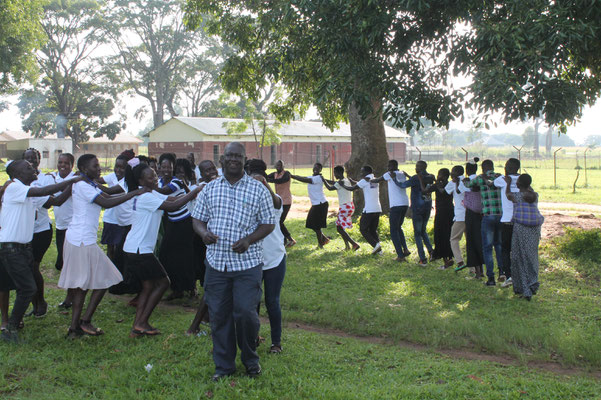
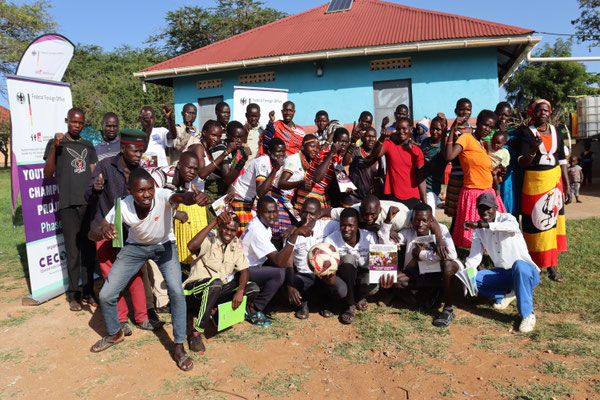


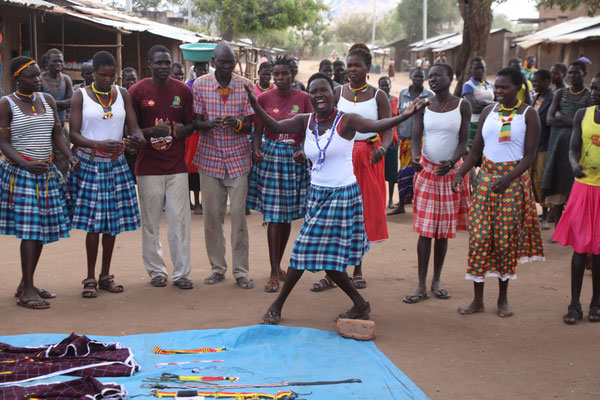


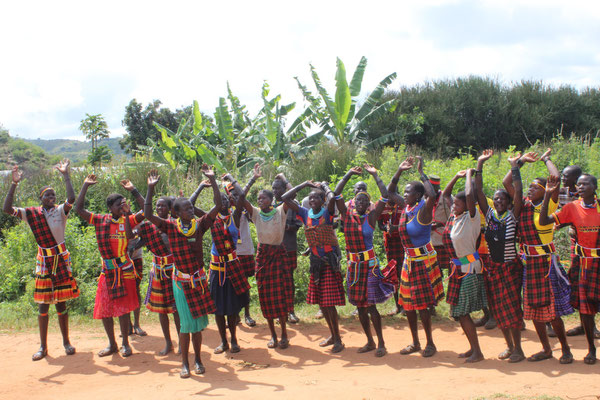
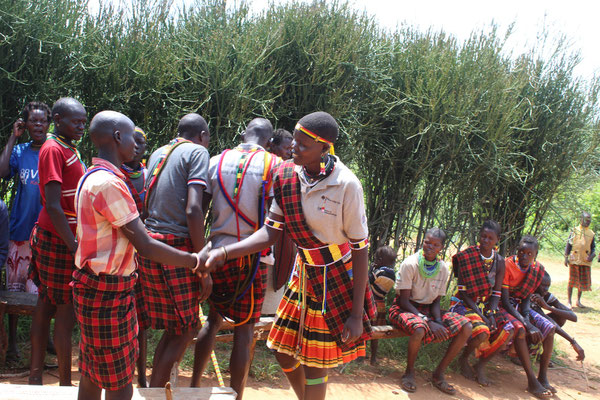

Now, it’s your turn.
You’ve seen the impact. You’ve heard the stories. Now, it’s your turn to take action. Whether it’s giving your time, sharing your voice, or making a donation, you have the power to create real change.
